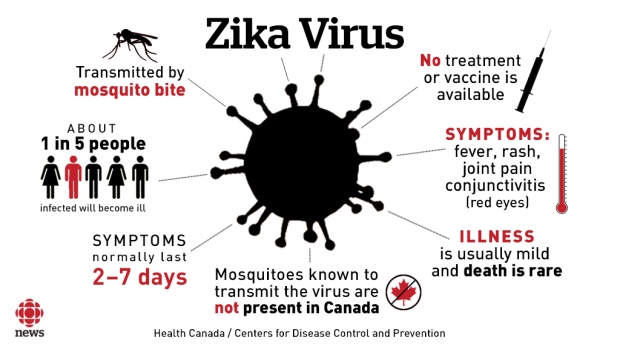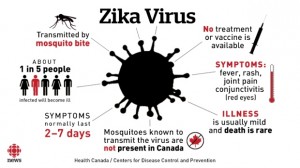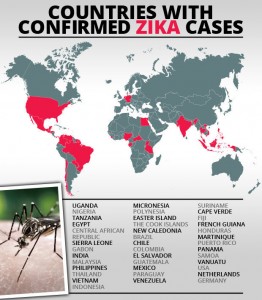Statement on Zika Virus, March 8 2016
A suspected connection between the Zika virus and microcephaly, or abnormally small heads, in children who were in the womb when their mothers contracted the virus has raised public health alarms in South America, the United States, and elsewhere around the globe. Risks associated with the virus should continue to be carefully examined by medical experts. MaterCare International supports further research into the connection between Zika and microcephaly. However, MCI recognizes that these connections are not yet confirmed. MCI advises pregnant women and those trying to conceive to take extra precautions to prevent contracting Zika virus during this time. These guidelines may change as more evidence and information is amassed and vaccines become available.
The Zika virus is a mosquito-transmitted infection related to dengue, yellow fever and West Nile virus. “Zika virus can be spread from a pregnant woman to her fetus and has been linked to a serious birth defect of the brain called microcephaly in babies of mothers who had Zika virus while pregnant. CDC recommends special precautions for pregnant women. Pregnant women should consider delaying travel to areas with Zika. If you must travel to one of these areas, talk to your healthcare provider first and strictly follow steps to prevent mosquito bites during your trip.” (source: Center for Disease Controlhttp://www.cdc.gov/zika/pregnancy/index.html)
Zika virus can be spread by a man to his sex partners. If you are pregnant or trying to conceive, abstinence is the only guaranteed way to prevent contracting Zika from a male partner. The CDC issued tentative guidelines advising pregnant women to avoid contact with semen from men who have recently returned from areas with Zika transmission.
For men with pregnant partners: “Don’t have sex with your pregnant partner during the pregnancy. Not having sex is the best way to be sure that someone does not get sexually transmitted Zika virus.” (source: http://www.cdc.gov/zika/transmission/sexual-transmission.html)
MaterCare International advises pregnant women and those trying to conceive to do the following:
- Avoid travel to areas with Zika outbreaks
- Take precautions to prevent mosquito bites:
- Avoid areas and going out during the day where mosquitoes are present.
- Use an insect repellent approved for pregnant women.
- Wear protective clothes (such long sleeves and pants).
- Use screens on windows and remove standing water where insect like to lay eggs.
- Abstain from sexual intercourse until more information or vaccines are available to make it safe to resume sexual activity.
- Again, these guidelines may change as more evidence and information is amassed and vaccines become available.
“Microcephaly means small (micro) head (cephaly). It is a neurological disorder where the head circumference is less than it should normally be in an infant or a child. The condition can be present at birth or develop within the first few years of life. Most parents do not know why their child has Microcephaly and may never know the cause – even with advanced genetic testing.” (source: http://www.childrenwithmicro.org)
If your child has been diagnosed with microcephaly, support is available for both you and your child. Sometimes the best support can be contacting a parent who has gone through the same situation. The Foundation for Children with Microcephaly works to connect parents all over the world with one another. Go to:http://www.childrenwithmicro.org/statecontacts.html
Each case of Microcephaly is different. Some children may have mild to moderate developmental delays, while others may have severe delays. Early intervention with supportive therapies, such as speech therapy, may help enhance your child’s development and improve their quality of life. The extent to which your child will be affected depends on a variety of factors, but being a supportive and well-informed parent will prepare you and your child for the best possible outcome.
No matter what diagnosis your child may receive, microcephaly or otherwise, there is always hope and support available to help you and your child. Part of our mission at MCI is that as much support as possible is given to those families where children are born with medical problems, of whatever nature, to be life-affirming partners in providing care.
MaterCare International
Email: info@matercare.org
Ph: 1-888-579-6472
www.MaterCare.org










